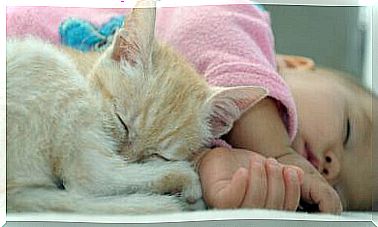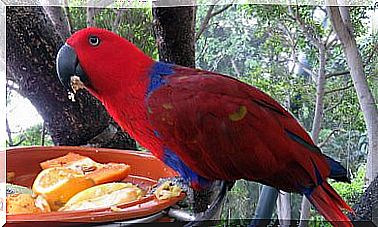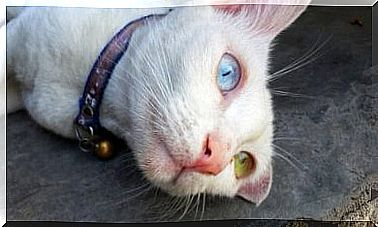Monkeys Steal Because Of Us. Learn More!
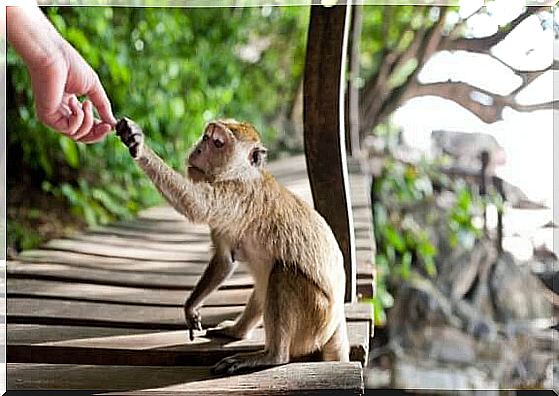
Monkeys steal when they have the opportunity: this seems to have been etched into the collective imagination. However, the fact is that this occurs especially in areas of totally uncontrolled tourism, where humans are the main cause of this behavior, which can have serious consequences.
monkeys steal tourists
Seeing monkeys and other primates in the wild is something that many people find interesting. They are a very popular group of animals, so anyone traveling to certain areas of South America, Africa or Southeast Asia wants to interact with them.
This will has been used by many people and companies. Therefore, in many tourist areas, this type of behavior is promoted by selling food to the monkeys or by not regulating this type of activity.
The reality is that in places like Gibraltar or Thailand, many people bring food to places where wild primates are used as an attraction. So, it’s normal that they end up associating food with man.
We primate animals are very intelligent and very adaptable. That is why primates that live in tourist environments tend to spend much less time to feed, as they consume high-calorie foods manufactured by and for humans.
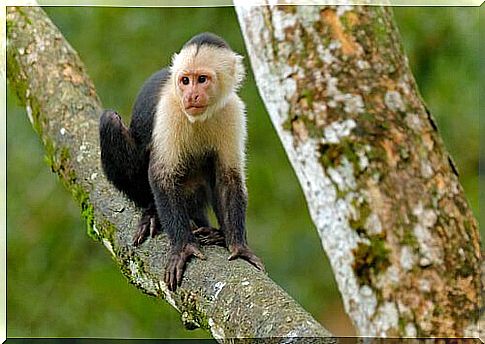
The Dangers of Uncontrolled Primate Interactions
Among primates, we share the basics of language: monkeys and people use facial gestures to communicate in a very complex way, something that can hardly be seen in other groups in the animal kingdom, such as birds and reptiles.
However, just as a Swede and a Nigerian would hardly understand each other, although they use spoken language, the same happens between us.
A clear example is the human smile, so explored in the world of cinema. Many non-human primates, such as the famous Capuchin monkey, are trained to perform this gesture.
The problem is that in these primates, the smile usually represents a face of submission and fear, which usually occurs after aggression or conflict.
This means that many animals are trained to make this gesture out of fear, as humans associate it with something friendly, when in fact it is not.
That’s why monkey attacks on people are common, and represent over 20% of animal bites. We often think that a monkey is sending us kisses or smiles and is actually threatening us. So, returning the gesture in ignorance can be costly.
Although the ability to transmit many viral diseases is unknown, the truth is that we share other diseases with primates, such as Ebola, AIDS, rabies and some fatal herpes viruses.
Threats to primates from human interactions
This activity feeds back, and the more tourists bother these animals, the more monkeys steal, to the point of being considered dangerous.
In Gibraltar, many began to sacrifice animals because they began to enter homes. This act is inadmissible especially for a species like the Gibraltar monkey, which is in danger of extinction.
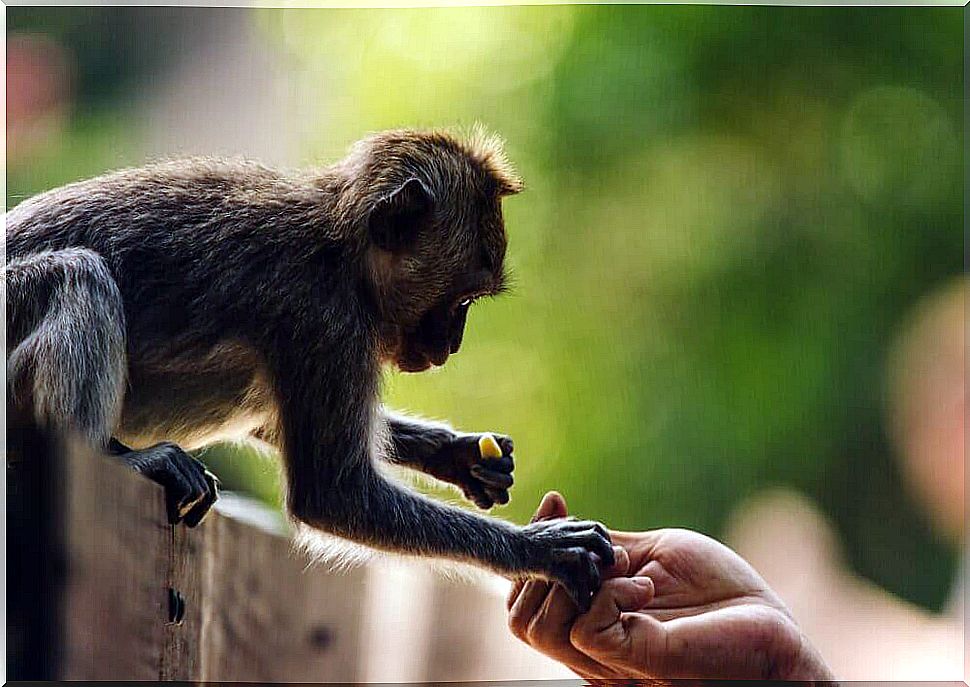
Furthermore, the consumption of food for humans has serious consequences for the health of these animals. A clear example is what happened to baboons, when a group died from consuming human food.
It is worth remembering that humans can also transmit diseases to these animals, such as the flu and colds for species such as the mountain gorilla.
Therefore, when we go to see these animals in their habitat, we must do so with caution and not fall into our desire to interact with them.
Thus, we must go to responsible reserves where these animals are not exploited, where they can be seen perfectly at a distance through the use of binoculars and cameras.
In this way, we can fight the widespread belief that monkeys steal, and we can appreciate their natural behavior even though we can’t take a picture with them.
